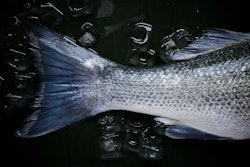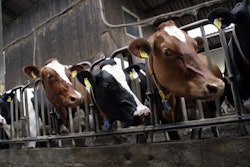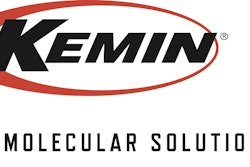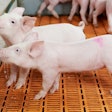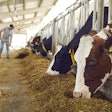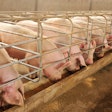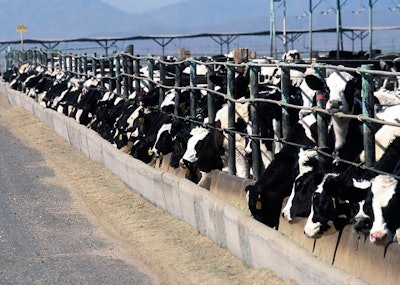
U.S. Secretary of Agriculture Sonny Perdue announces the publishing of the National Bioengineered Food Disclosure Standard.
The National Bioengineered Food Disclosure Law, passed by Congress in July of 2016, directed USDA to establish this national mandatory standard for disclosing foods that are or may be bioengineered. The standard requires food manufacturers, importers, and certain retailers to ensure bioengineered foods are appropriately disclosed.
As a member of the Steering Committee of the Safe Affordable Food Coalition, the National Grain and Feed Association (NGFA) said the rule provides consumers access to more information about the bioengineered content of the food they purchase, while providing for national uniformity in bioengineered food labeling that is essential to providing consumers with continued access to a safe, abundant and affordable food supply.
"The intent of the government-mandated bioengineered food disclosure standard is to inform, and not mislead, consumers and this final rule achieves this overridingly important objective," NGFA noted.
NGFA and the American Feed Industry Association (AFIA) submitted joint comments on USDA's proposed rule in July. NGFA said it is pleased the agency adopted many of their recommendations.
As the plain language of the law specifies, the new rule will require disclosure only when foods contain genetic material introduced through bioengineering.
"Importantly, animal feed and pet food, as well as meat, milk, eggs and other human food derived from animals fed bioengineered grains or other ingredients, are exempt from mandatory labeling," NGFA added.
NGFA also strongly supports the final rule's 5% disclosure threshold, which it said appropriately balances disclosure, market dynamics, and international trade, with such countries as Indonesia, Japan, South Africa, Thailand and Vietnam adopting such a labeling threshold.
The NGFA noted that the safe use of crop biotechnology in food long has been verified by numerous governmental, international and domestic scientific and regulatory bodies, including the National Academies of Science, Engineering and Medicine, the U.S. Food and Drug Administration (FDA), the American Medical Association, and the World Health Organization.
"Thus, the bioengineered food labeling standard is about providing more access to information to consumers; it most emphatically is not a food safety standard," NGFA noted. USDA affirmed that the regulatory oversight provided by federal agencies ensures that foods produced using bioengineering methods meet all relevant federal health, safety and environmental standards.
The NGFA also commended USDA for relying upon customary and reasonable business records that traditionally are maintained as being sufficient for documenting compliance with the rule.
The NGFA, which recognizes that some consumers may want to know additional information about crops used to produce food, noted that USDA's final rule allows for voluntary disclosure on labels for foods derived from bioengineered ingredients for foods that do not meet the definition of bioengineered foods because they do not contained bioengineered genetic material. Labeling is required by the Food and Drug Administration to be truthful and not misleading under the Federal Food, Drug and Cosmetic Act.

